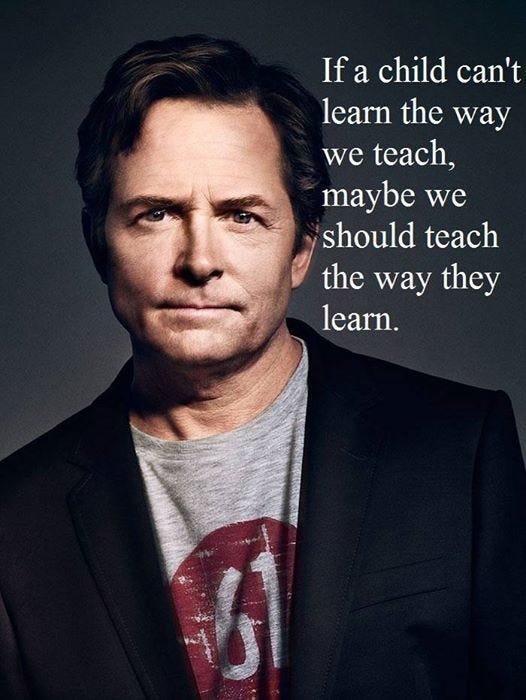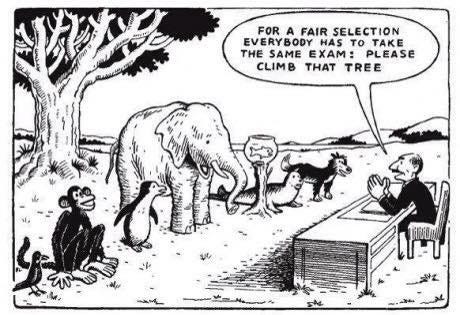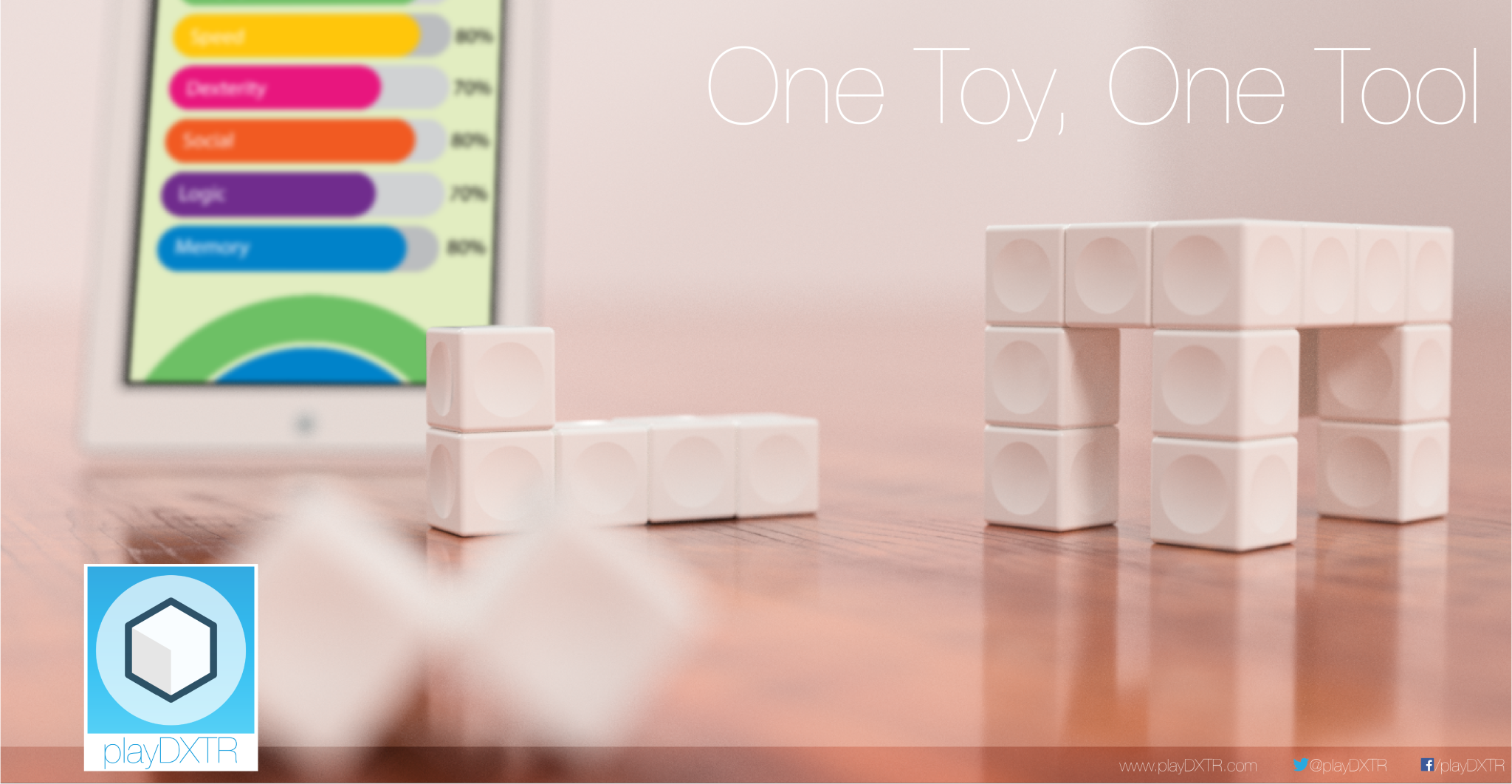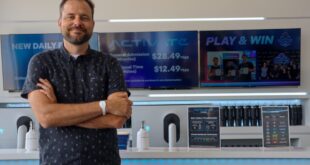The DXTR team is on a mission to help the world embrace play — yes, that’s implying that the world is not doing this today. I will do my best to explain our thinking in my own words. But first I want to make it clear why we are so passionate about play.
We all know the famous quote sometimes credited to Michael J Fox.

This quote blows my mind. Every. Single. Time. Why does it seem so hard to do? And how come we’re seemingly OK with this status quo?
Think about it. Over the last few thousand years, nature has created and fine-tuned the perfect teacher. A teacher that we can observe throughout the animal kingdom. A teacher that fascinates us whenever we observe it in the wild. A teacher that we always have access to and always enjoy every single time she appears. That teacher is called Play.

Play is nature’s way of teaching, and our children’s formative years are literally experienced through the eyes of a child — in a universe created by their own curiosity, confidence, and childish imagination. In these first few years of a child’s life, the creation rate of new axioms of neurones in their brains is far greater than the rate of which connections die off.
Play is a major contributor to healthy brain development in all children, whether they are suffering from a disability, are rich, poor, introvert, or extrovert. Play knows no gender, race, or inequality. Play is a wonderful equaliser. Play combined with a child’s imagination knows no boundaries and is, for all intents and purposes, limitless in its capabilities.

So, what makes it so difficult to implement play into education?
I am convinced that the classic structure of the educational system of teacher/pupil, grading, and curriculum is fundamentally flawed. The whole system is based on obsolete and completely outdated societal needs. This issue is perfectly adressed by Dr. Sugata Mitra in his famous TED Talk about “Hole in the wall” and through his work with the organisation of the same name.
I fully understand the rationale behind having a method to observe, monitor, and quantify the healthy cognitive development of our children to ensure that they acquire certain skills, get exposed to a variety of cultures, other children, develop intimate personal relationships with other humans. The concept of having a physical location where children meet their friends every day to learn what it means to be a part of a society is great for the relationship building part of education.
However, schools are almost forced to fit each child into a box or framework in order to be manageable by one or a few teachers per class. The subjective assessments of the children’s development is based on results from standardized tests that follow a generic curriculum optimized for no one in particular. This model of education is hopelessly nonscaleable and really counterproductive.
Kenneth Cukier hits the nail on the head when stating in his book Learning with Big Data (Cukier & Mayer-Schönberger) Paraphrased:
“… the assessment is as much an assessment of the child’s capability to learn the specific curriculum as it is an assessment of the systems capability to teach the curriculum in a way that the child understands.”
With the advent of Adaptive Learning pioneered online by Khan Academy, we are seeing a huge leap in the right direction. But there is still a long way to go. And with this, we are just beginning to understand the importance of data, and that there just might be an alternative to the classic school system.
I am a parent to a wonderful boy aged three and a half. I believe many other parents share the desire to be able to empower him, and each individual child, to grow to their full natural potential. It breaks my heart to think that I will be sending him off to a school based on a system that I and many others believe to be fundamentally flawed.
So what is the issue, really? Why can’t we get more play into the school system? I think it has to do with quantification. We just don’t have a system of quantifying play. We’re starting to see many great inventions for children, that allow kids to work with increasingly complex problems. Way more complex than what most of us parents were able to process at a similar age, and all of this in a playful and gamified way. Some are chocolate covered broccoli, but some, like Coda Rica - Computer science for kids, are exceptional at letting children build their own games; piquing their interest for computer science.
To create a truly viable and scaleable alternative to the current status quo, we need to collect the data from a wide range of data collection points. We need to automate the data collection, and increase the sampling rate to many times a second, per child. This will provide the framework for an exponentially clearer picture of our children’s development, a picture that no teacher has yet dared dream about. Through the massive amounts of insights which will follow the large scale collection and comparrison of data, we will finally be able to give teachers a much clearer idea on how exactly to facilitate learning for the individual child, as well as provide paretns with the best tool ever to help them in the upbringing of their child. All through real play!
At DXTR Labs we want to be in from the start of this movement. We want to bring technology into as many fun objects as we can, in an effort to extract rich information from play. This way we can make teaching be like going to the playground. We want to make it possible for the child to come home massively excited about all the things she has explored. So she can’t wait to go back the next morning to continue her exploration of unknown worlds.
I am often asked in a negative tone: “Can’t children just be children when they’re not in school and just play?” My response is always to ask back “Why can’t our children just be children and play while in school AND at home?”
Help us make this change, help us educate parents around the world, teaching them to understand that there is an alternative, and we are on the brink of this NOW! But we need a groundswell of voices to make the change happen.
Help us in our mission to empower parents to embrace their children’s natural potential, through playful learning, on our 21st century playground.
You can get hands on wiht our Beta Program launched on Kickstarter.
Our children deserve to learn through play.
This article was originally posted on Medium.
Follow Ken Madsen @mrkennethmadsen.
 Nordic Startup News Early Stage Startup News From The Nordics
Nordic Startup News Early Stage Startup News From The Nordics


